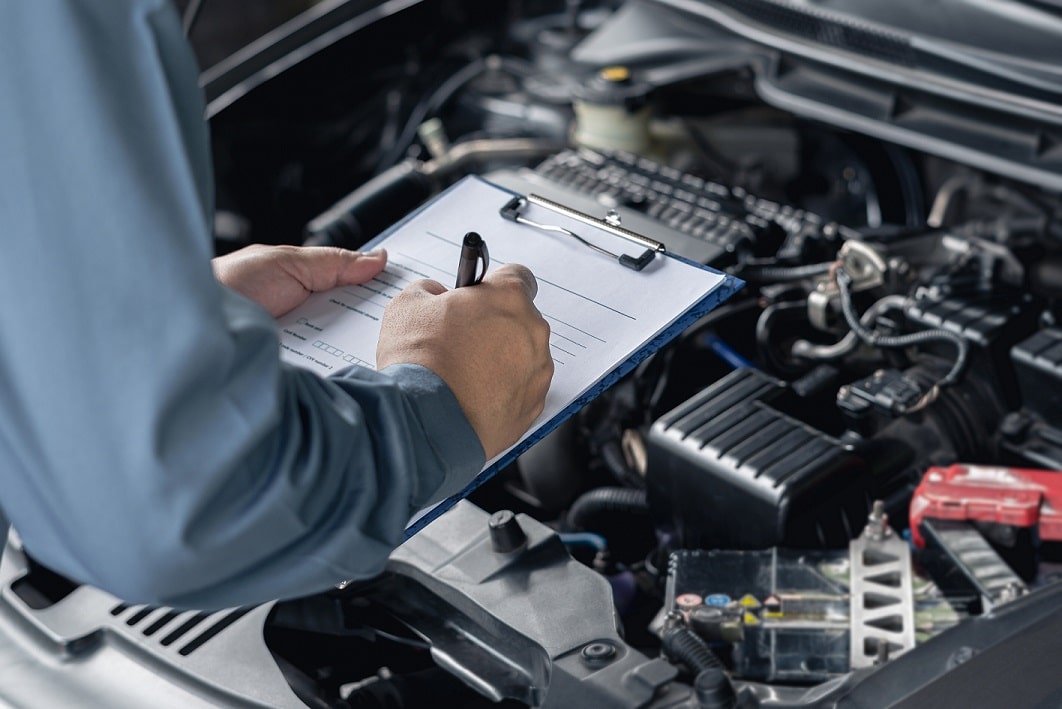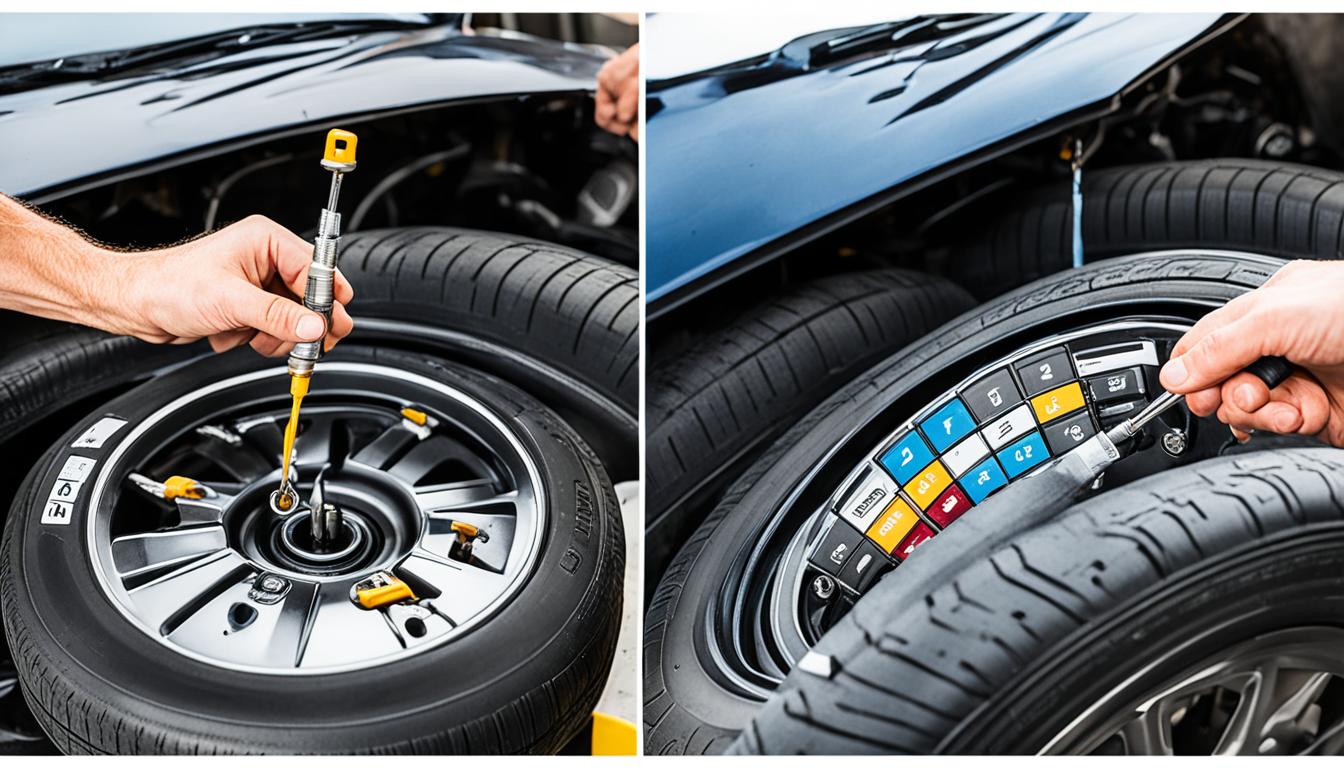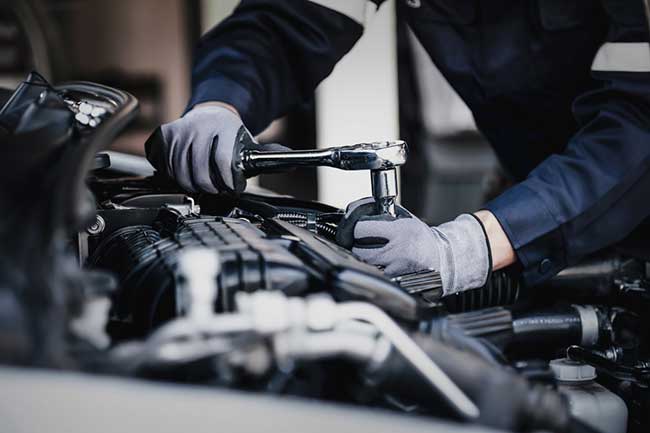All Categories
Featured
When your auto gets too hot, it can really feel like a major emergency, yet remaining tranquil and adhering to the right steps can stop major engine damage and aid get you back when traveling securely. In this message, we'll discover what to do if your car overheats and provide preventative pointers to minimize the risk of overheating in the future.
What to Do If Your Cars and truck Overheats. If your car begins to get too hot is to draw over to a safe place as quickly as possible, draw Over to a Safe Location The initial and most important step. Activate your threat lights and assist your lorry to the shoulder or into a parking area. Keeping your automobile running while it's overheated can create extreme damages to the engine, so it's essential to close the engine off today.
Let the Engine Cool Down Once you have actually safely stopped, permit the engine to cool down. You should never ever try to open up the radiator cap while the engine is still warm, as the launch of vapor or warm coolant can create burns. Wait at the very least 15-20 minutes to allow the engine temperature to go down to a much safer degree prior to continuing.
![]()
Check the Coolant Level After the engine has actually cooled, examine the coolant levels by examining the storage tank or radiator. If it's low, leading it off with a blend of coolant and water (as defined by your vehicle's maker) Constantly make use of care when opening the coolant reservoir, as pressure might have developed.
Try To Find Visible Leaks While you await the engine to cool down, visually evaluate the radiator, hose pipes, and coolant storage tank for any type of noticeable leakages or splits. A leaking radiator or hose is an usual reason for getting too hot. It's much better to call a tow solution than threat driving additionally and causing additional damage. if you locate a substantial leakage.
Restart the Engine After allowing the engine to cool down and ensuring the coolant is rounded off, begin the engine and keep an eye on the temperature level scale. If the temperature proceeds to increase quickly, it's ideal to close the engine off and ask for roadside help or a tow to the closest mechanic.
![]()
Just How to avoid Overheating in the Future. Regularly Inspect Coolant Degrees One of the simplest means to stop getting too hot is by preserving the ideal degree of coolant. In time, coolant can vaporize, so on a regular basis check the coolant degrees in the storage tank. Low coolant levels can cause the engine to overheat rapidly, so leading it off as required.
Check the Radiator The radiator plays a vital function in maintaining the engine cool. Regularly check the radiator for any obstructions, dust, or debris that could obstruct air movement. If you see any type of indicators of damages, such as rust or leaks, have it repaired or changed as quickly as feasible.
The thermostat manages the flow of coolant, while the water pump distributes it via the engine. If either component is faulty, it can protect against proper cooling.
Flush the Cooling System With time, coolant can weaken and end up being inadequate, causing a buildup of debris in the system. Purging the cooling system every 30,000 miles, or as recommended in your lorry's manual, aids to remove any type of sludge or buildup and makes certain the cooling system is functioning correctly.
Screen the Problem of the Hoses The pipes in your car's cooling system can wear or crack in time. Inspect the pipes for any type of indications of wear, such as bulging, splits, or leakages, and change them if required. Avoiding coolant leaks can go a long way in avoiding overheating.
![]()
Drive Properly Hostile driving, such as speeding up quickly or driving at high speeds, places extra strain on your engine and its cooling system. Attempt to drive at modest rates, especially on warm days or when driving on steep slopes, to minimize the possibilities of getting too hot.
Prevent Overwhelming Your Vehicle Carrying excessive weight in your car places anxiety on the engine and cooling system. Always be mindful of your car's weight restriction, especially if you're hauling hefty tons, hauling a trailer, or driving cross countries in hot climate.
Conclusion. A getting too hot automobile can be a frightening experience, but recognizing exactly how to respond and stop it can save you time, cash, and potential engine damage. Always inspect your coolant levels, evaluate essential elements like the radiator, thermostat, and hoses, and adhere to a normal upkeep timetable. By remaining on top of your vehicle's cooling system, you can lower the danger of getting too hot and enjoy a smoother, safer driving experience.
What to Do If Your Cars and truck Overheats. If your car begins to get too hot is to draw over to a safe place as quickly as possible, draw Over to a Safe Location The initial and most important step. Activate your threat lights and assist your lorry to the shoulder or into a parking area. Keeping your automobile running while it's overheated can create extreme damages to the engine, so it's essential to close the engine off today.
Let the Engine Cool Down Once you have actually safely stopped, permit the engine to cool down. You should never ever try to open up the radiator cap while the engine is still warm, as the launch of vapor or warm coolant can create burns. Wait at the very least 15-20 minutes to allow the engine temperature to go down to a much safer degree prior to continuing.

Check the Coolant Level After the engine has actually cooled, examine the coolant levels by examining the storage tank or radiator. If it's low, leading it off with a blend of coolant and water (as defined by your vehicle's maker) Constantly make use of care when opening the coolant reservoir, as pressure might have developed.
Try To Find Visible Leaks While you await the engine to cool down, visually evaluate the radiator, hose pipes, and coolant storage tank for any type of noticeable leakages or splits. A leaking radiator or hose is an usual reason for getting too hot. It's much better to call a tow solution than threat driving additionally and causing additional damage. if you locate a substantial leakage.
Restart the Engine After allowing the engine to cool down and ensuring the coolant is rounded off, begin the engine and keep an eye on the temperature level scale. If the temperature proceeds to increase quickly, it's ideal to close the engine off and ask for roadside help or a tow to the closest mechanic.

Just How to avoid Overheating in the Future. Regularly Inspect Coolant Degrees One of the simplest means to stop getting too hot is by preserving the ideal degree of coolant. In time, coolant can vaporize, so on a regular basis check the coolant degrees in the storage tank. Low coolant levels can cause the engine to overheat rapidly, so leading it off as required.
Check the Radiator The radiator plays a vital function in maintaining the engine cool. Regularly check the radiator for any obstructions, dust, or debris that could obstruct air movement. If you see any type of indicators of damages, such as rust or leaks, have it repaired or changed as quickly as feasible.
The thermostat manages the flow of coolant, while the water pump distributes it via the engine. If either component is faulty, it can protect against proper cooling.
Flush the Cooling System With time, coolant can weaken and end up being inadequate, causing a buildup of debris in the system. Purging the cooling system every 30,000 miles, or as recommended in your lorry's manual, aids to remove any type of sludge or buildup and makes certain the cooling system is functioning correctly.
Screen the Problem of the Hoses The pipes in your car's cooling system can wear or crack in time. Inspect the pipes for any type of indications of wear, such as bulging, splits, or leakages, and change them if required. Avoiding coolant leaks can go a long way in avoiding overheating.

Drive Properly Hostile driving, such as speeding up quickly or driving at high speeds, places extra strain on your engine and its cooling system. Attempt to drive at modest rates, especially on warm days or when driving on steep slopes, to minimize the possibilities of getting too hot.
Prevent Overwhelming Your Vehicle Carrying excessive weight in your car places anxiety on the engine and cooling system. Always be mindful of your car's weight restriction, especially if you're hauling hefty tons, hauling a trailer, or driving cross countries in hot climate.
Conclusion. A getting too hot automobile can be a frightening experience, but recognizing exactly how to respond and stop it can save you time, cash, and potential engine damage. Always inspect your coolant levels, evaluate essential elements like the radiator, thermostat, and hoses, and adhere to a normal upkeep timetable. By remaining on top of your vehicle's cooling system, you can lower the danger of getting too hot and enjoy a smoother, safer driving experience.
Latest Posts
Discover WyHy FCU – Comprehensive Support for Your Financial Success
Published en
1 min read
Explore Brake Repair & More: Comprehensive Repair Options from Montclare Auto Repair
Published en
1 min read
Why Consistent Auto Maintenance at Montclare Auto Repair Reduces Costs
Published en
1 min read
More
Latest Posts
Discover WyHy FCU – Comprehensive Support for Your Financial Success
Published May 23, 25
1 min read
Explore Brake Repair & More: Comprehensive Repair Options from Montclare Auto Repair
Published May 22, 25
1 min read
Why Consistent Auto Maintenance at Montclare Auto Repair Reduces Costs
Published May 22, 25
1 min read